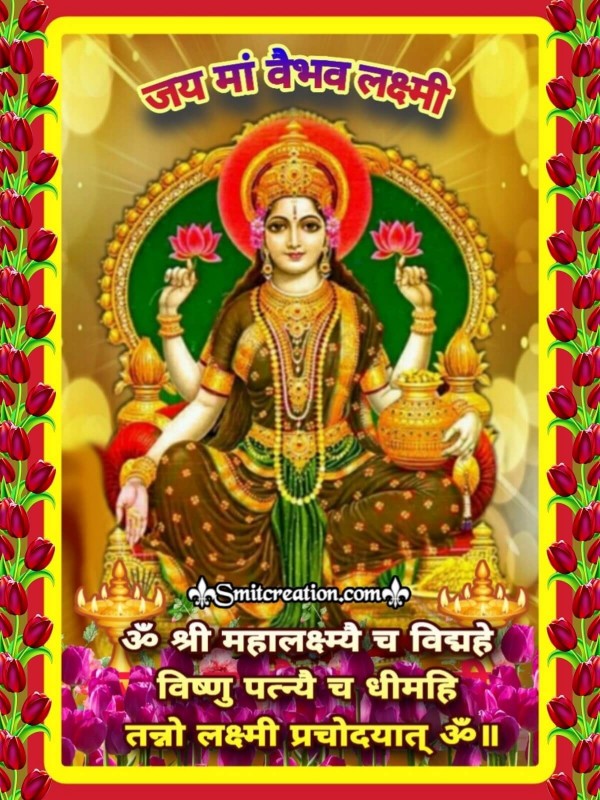

Nevertheless, the divine ladies convince his family that he is indeed dead, adding the stigma of widowhood to Satyavati's other woes. Of course, this is all just a charade and the holy goddesses are just acting as if they are jealous of the granddaughter of Universal Mother Parvati to test Satyavati's devotion.Īfter a fight with his relatives, Birju leaves home to seek his fortune, narrowly escaping a watery grave (planned for him by the goddesses) through his wife's devotion to Santoshi Ma. They decide to examine (pariksha) her perseverance or faith (Shraddha) by making life miserable for her chief devotee.

Sarasvati)- the wives of the "Hindu trinity" of Vishnu, Lord Shiva, and Brahma-against the "upstart" goddess Santoshi Ma. To make matters worse, Narada (in a delightful scene back in heaven) "stirs up" the "jealousy" of three senior goddesses, Lakshmi, Parvati, and Brahmani (a.k.a. Alas, with the boy come the in-laws, and two of Birju's six sisters-in-law, Durga and Maya are jealous shrews who have it in for him and Satyavati from the beginning. Through the Mother's grace, Satyavati soon meets, falls in love with, and manages to marry the handsome lad Brijmohan ("Birju"), youngest of seven brothers in a prosperous Bias Brahmin farmer family, an artistic flute-playing type who can also render a zippy bhajan on request (Apni Santoshi Maa, "Our Mother Santoshi"). This first song, "Main To Arti Utaru" (I perform Mother Santoshi's aarti) exemplifies through its camerawork the experience of darshan -of "seeing" and being seen by a deity in the reciprocal act of "visual communion" that is central to Hindu worship. We soon meet the 18th-century maiden Satyavati Sharma ( Kanan Kaushal), Santoshi Mata's greatest earthly devotee, leading a group of women in an aarti to the goddess. A key role is played by the immortal sage Narada, a devotee of Lord Vishnu, and a cosmic busybody who regularly intervenes to advance the film's two parallel plots, which concern both human beings and gods. Although, Lord Vinayaka has another wife Buddhi ("wisdom") and another son, Kshema ("well-being"), other than Shubha ("auspiciousness") and Labha ("profit"), they are not portrayed in the film. The film opens in the Dev Lok (Hindi for Devaloka) or "the world of the gods," a Hindu heaven located above the clouds, where we witness the "birth" of Goddess Santoshi ("Santoshi Maa") as the daughter of Lord Ganesha, the elephant headed god of good beginnings, and his two wives Riddhi and Siddhi ("prosperity" and "spiritual power").


 0 kommentar(er)
0 kommentar(er)
